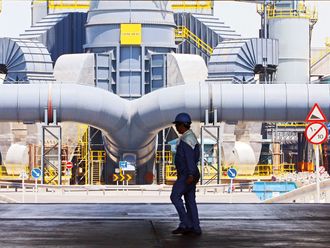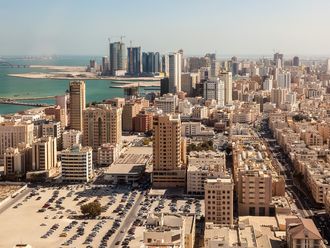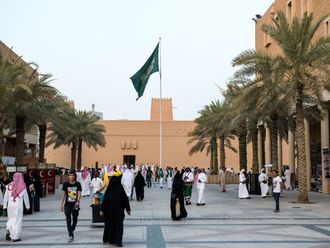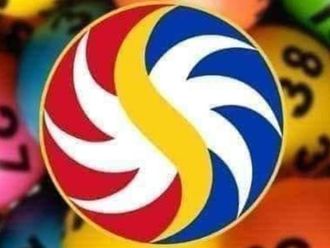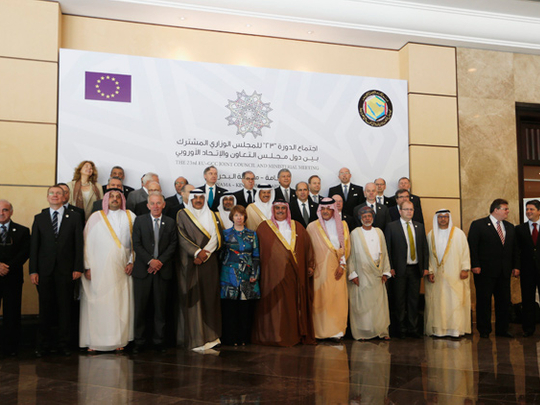
Saudi Arabia and Qatar urged the European Union to “immediately” arm Syrian rebels fighting the regime of Bashar Al Assad at a meeting between Gulf and EU officials in Manama on Sunday. The EU “must immediately implement its decision” to lift an arms embargo on weapons destined for Syria’s opposition, said Saudi Foreign Minister Prince Saud Al Faisal.
This, he said, was essential to offset assistance Damascus received from “Hezbollah and other forces backed by Iran’s Revolutionary Guards who get unlimited supplies of Russian weapons”.
The gathering attended by EU foreign policy chief Catherine Ashton and the foreign ministers of the six-nation Gulf Cooperation Council also called on Iran to play “a constructive role” in the region.
The EU decided in May to lift an embargo on Syria’s armed opposition but it will only go into force in August.
“The international community must ban the supply of weapons to the Syrian regime and demand that foreign occupation forces withdraw from Syria,” said the Saudi minister.
Ashton told the gathering “we need to work harder together to find the political solution that will bring peace” to Syria and expressed concern about a spillover of the war into neighbouring Lebanon and Iraq.
“We are extremely concerned about the plight of the people and about rising sectarian conflicts in Lebanon and Iraq, and we want to do our utmost to try and defuse tension,” she said.
The ministers “reiterated the utmost urgency of finding a political settlement of the Syrian conflict”, said a statement issued at the end of the meeting.
They also pledged to “spare no effort in helping to create the appropriate conditions for a successful convening of the peace conference on Syria” which Russia and the United States have been striving to hold in Geneva.
The GCC and the EU also took a swipe at Lebanon’s Shiite militant movement Hezbollah which backs the Damascus regime in the 27-month conflict and “condemned” its role “in military operations in Syria”.
The statement, however, made no mention of demands by Syria’s armed opposition for weapons to topple the Al Assad regime.
On Iran, the GCC — whose members also include Bahrain, Kuwait, Oman and the UAE — and the EU expressed support for diplomatic efforts to end the row over Tehran’s nuclear programme.
They also urged Iran “to play a constructive role” in the region where GCC leaders have repeatedly accused the Islamic Republic of undermining stability.
On the economic front, Ashton said bilateral trade between the EU and the GCC increased by 45 per cent since 2010 and was worth €145 billion (Dh692.73 billion) annually.
On Saturday, the European Union said the “promotion of human rights” was among issues Ashton would raise at the meeting to review economic ties and regional developments.
Human Rights Watch issued a statement on the occasion of the meeting urging Ashton to press Bahrain to release 13 opposition activists jailed in the kingdom.




